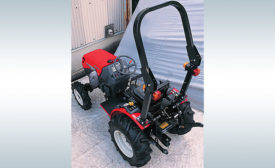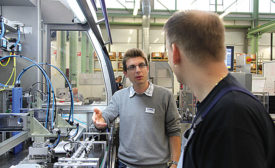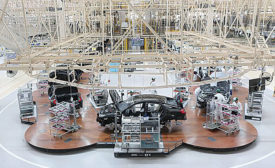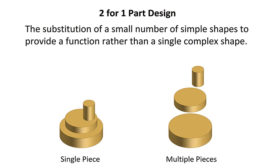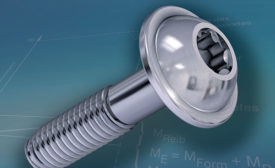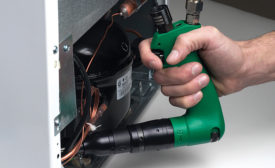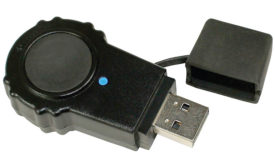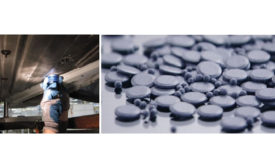Industries
Automated system assembles stepper motors for Tier 1 supplier
Tray handlers and cam-driven assembly cells produce a stepper motor every second.
July 1, 2016
The Connected Home Is Here
‘Smart’ appliances are forcing engineers to rethink age-old product designs
June 3, 2016
Countering Old-School Views on Design
When designing products, engineers should focus on overall assembly efficiency rather than the cost of individual parts.
June 3, 2016
Assembling Magnesium Parts
Magnesium is strong and lightweight, but it poses problems for fastening and joining.
June 3, 2016
What’s New With Power Tools
The need for speed, controlled fastening and data gathering continues to push advances in screwdrivers and nutrunners.
June 3, 2016
Never miss the latest news and trends driving the manufacturing industry
Stay in the know on the latest assembly trends.
JOIN TODAY!Copyright ©2024. All Rights Reserved BNP Media.
Design, CMS, Hosting & Web Development :: ePublishing
